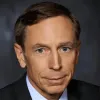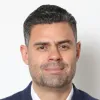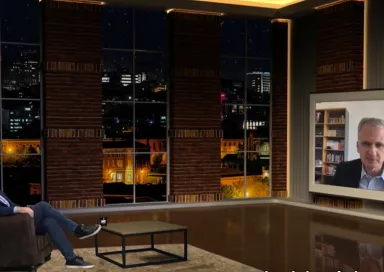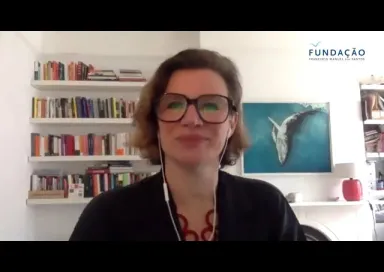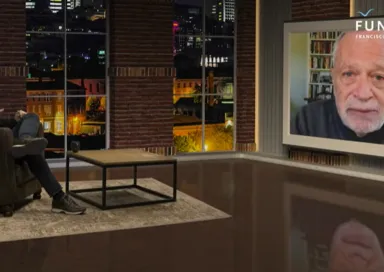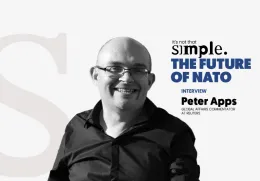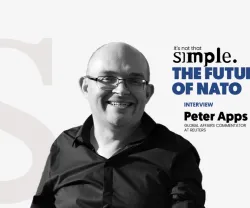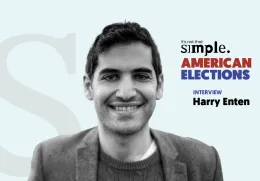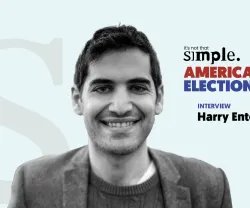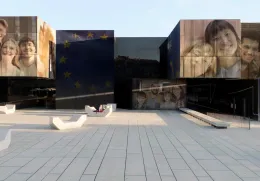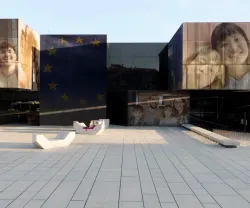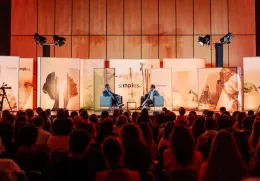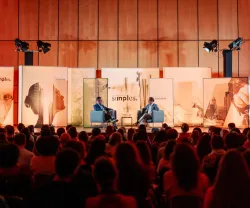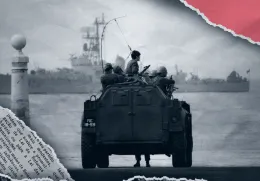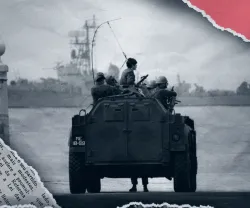«Today, the Western world faces more complex challenges than at any time in the past». Former CIA director David Petraeus is the guest on this edition of «It’s Not That Simple». In this conversation, the American general analyses the geopolitical context in the light of his 37 years in the US army and his experience in multiple wars.
«We [the US, its allies and partners] are like a circus performer spinning lot of different plates on a lot of different sticks», he illustrates. According to Petraeus, «The US and the West’s relationship with China is the biggest and most important plate», as good relations must be maintained to avoid increased tension, mistrust and competition between the great powers.
At the same time, however, the US and its allies also have to manage Russia, which is «the most threatening» plate.
As for the future of invaded Ukraine, the author of the book Conflict: The Evolution of Warfare from 1945 to Ukraine limits himself to a cuatious «it depends»: «It depends on the continuation of US aid, which already stands at 61 billion dollars, the EU's contribution - which is 50 billion - Ukraine’s ability to accelerate military training and technological advances on both sides of the conflict», he argues.
Maintaining the circus allegory, the general emphasises that there are other «plates» in play which cannot be neglected and which must continue to «spin» without major oscillations. This is the case of North Korea's nuclear programme as well as Iran’s, «which has been expanding its nuclear, drone and missile program, and supporting malign Shiite and even Sunni militias, such as Hamas».
The founder and current director of the KKR Global Institute – a company that assesses geopolitical risk in various businesses – believes that «we have moved from a benign globalisation, in which the economy shaped geopolitics, while barriers to trade, investment, data and capital flows were all diminishing», to a new reality. «Now, it's increasingly geopolitics that drives the economy. The barriers have increased and we will see them continue to increase», he says.
The expert argues that «globalisation has become slow, almost fixed» and that, in many respects, the world is witnessing an economic «regionalisation».
Asked about the biggest challenge facing humanity, David Petraeus highlights the «inequality of wealth between the global North and South». He acknowledges, however, that conflicts in various parts of the world, the growth of extremist groups, criminal organisations, cyber threats, forced migration due to climate change, and populism would be equally valid responses.

Big issues, big names in a new programme dedicated to interviews with international personalities from the world of politics, economics and society. These conversations with special guests, conducted by journalist Pedro Pinto, aim to simplify and help demystify some of today's most important issues. Every month, on the Foundation's website.
